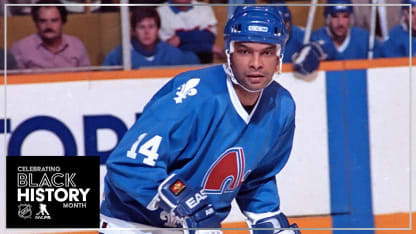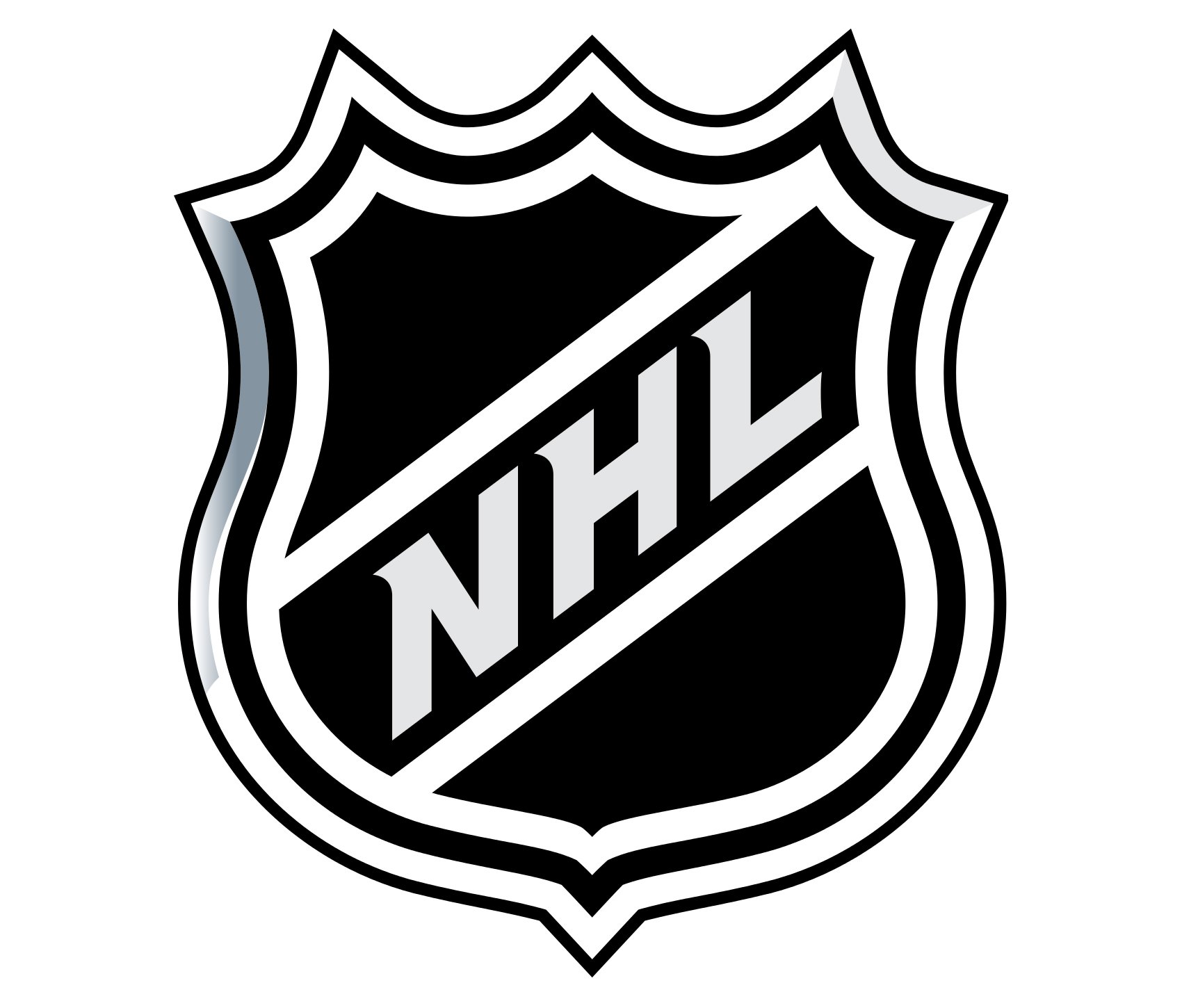Tony McKegney erased any doubt that a black player could be a prominent goal-scorer in the NHL.
The Montreal-born left wing was a big scorer in junior hockey, finishing with 135 points (58 goals, 77 assists) in 66 games with Kingston of the Ontario Major Junior Hockey League in 1976-77 and 92 points (43 goals, 49 assists) in 55 games the following season, when he also played for Canada at the IIHF World Junior Championship.
McKegney had been expected to sign with Birmingham of the World Hockey Association, but the deal fell through and he was taken by the Buffalo Sabres in the second round (No. 32) of the 1978 NHL Draft. After scoring eight goals in 52 games as a rookie in 1978-79, he scored 23 in his second NHL season 37 in 1980-81.
RELATED: [Black History Month coverage | Hockey Is For Everyone coverage]
After scoring 36 goals for the Sabres in 1982-83, McKegney was traded to the Quebec Nordiques. He continued to score despite playing no more than three seasons with the same team for the rest of his career. McKegney scored 31 goals in 1986-87, 29 of them after being traded to the New York Rangers. His best season came with the St. Louis Blues in 1987-88, when he had NHL career highs of 40 goals and 78 points.
McKegney left the NHL after 1990-91 with 639 points (320 goals, 319 assists). He was also able to open doors and create a level of acceptance for young black players who could point to him and his contemporaries as successes.
"One of the nicest things I hear from young people is they felt because I was there playing they felt they could be accepted in hockey," McKegney told The Buffalo News in 2017. "I got a lot of feedback from people in Canada that they were accepted in the schoolyard or outdoor rink because they could point to me as being a person of color playing in the National Hockey League. That's the biggest compliment for me."




















